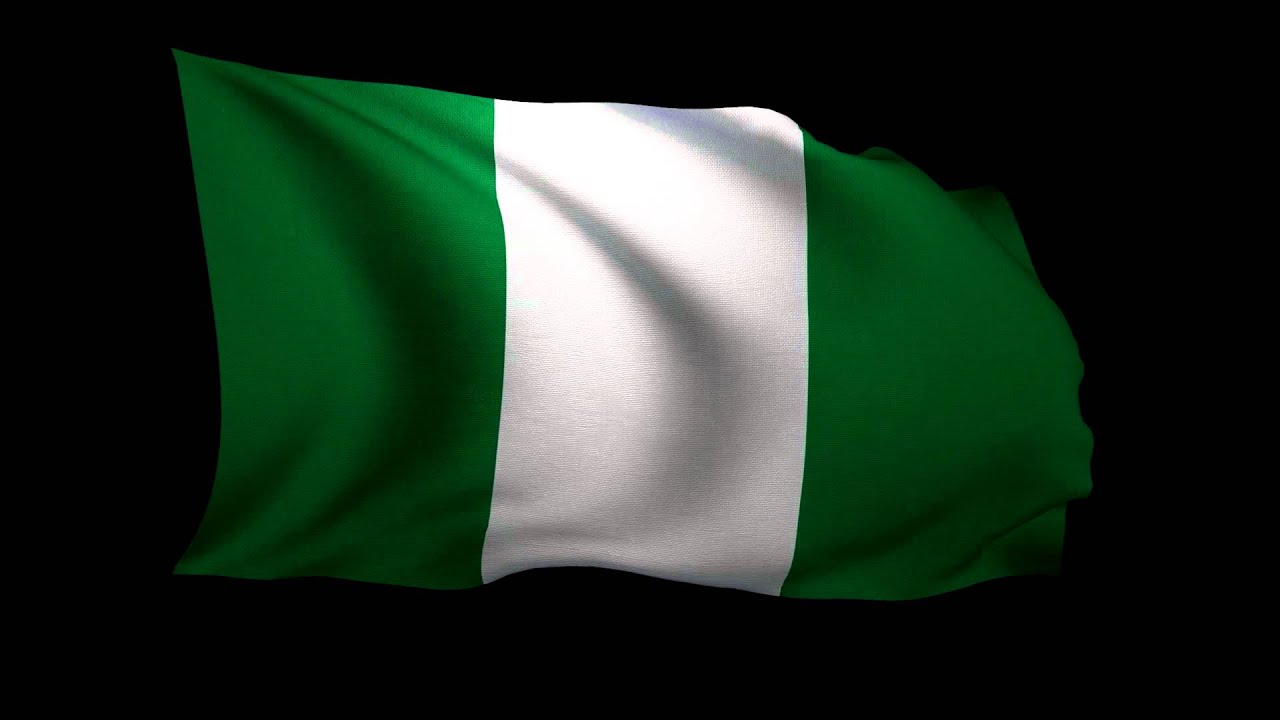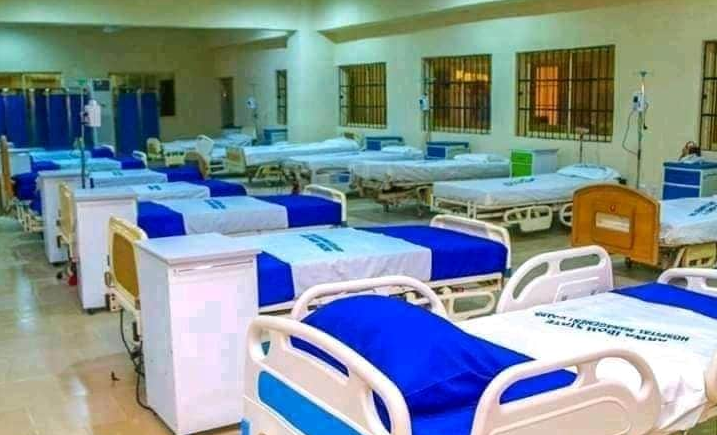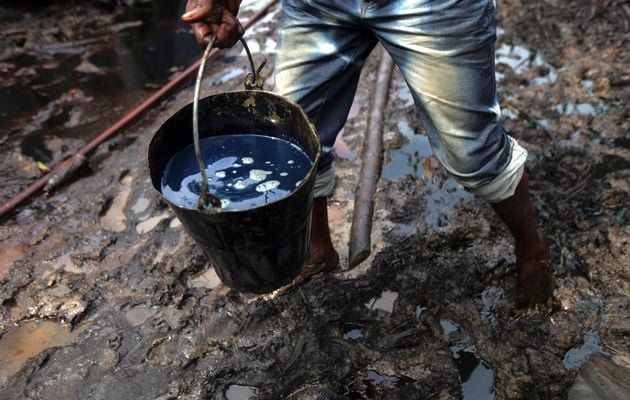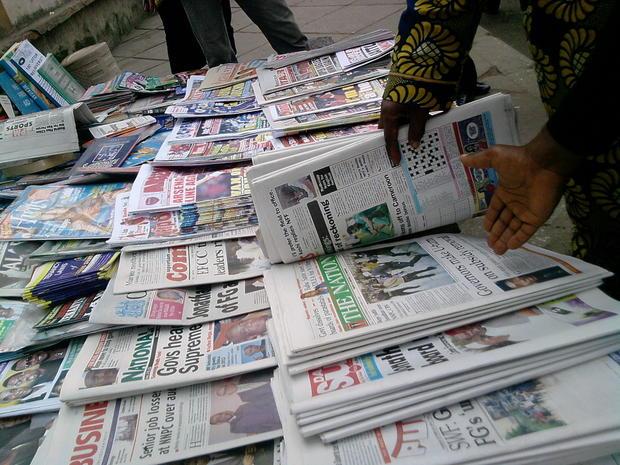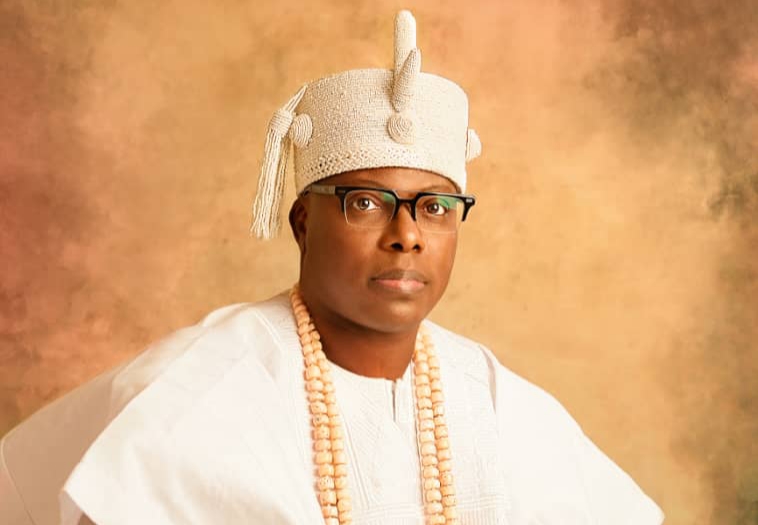BY JUDE FERANMI
A few weeks ago, the Nigerian Bar Association’s National Executive Committee took a decision that reverberated across the nation. In every political group – online or offline, beer parlour, chit chat, radio station or even some TV stations, everyone talked about how Mallam Nasir Elrufai was embarrassingly dis-invited from speaking at their upcoming Annual General Conference in 2020.
In case you didn’t follow the development, it started with a lawyer who, once seeing the lineup of speakers, decided to withdraw his nomination and announce it to the public via Twitter. His arguments were premised on his disagreement with giving the NBA’s platform to the Kaduna State Governor to speak in spite of the recent happenings in Southern Kaduna and other issues about the rule of law. Other lawyers soon welcomed the idea and before you know it, The Open Bar Initiative sent a petition to the organising committee of the convention. Lawyers across the entire country joined the petition and asked the organisers to withdraw the invitation to the governor. They did!
What followed this national embarrassment was a public debate. Was the NBA right in withdrawing the invitation so they could have a convention without controversy? The NBA Chair, SAN Paul Usoro’s letter to the Nigeria Governors Forum stated clearly that the association’s decision was based on the majority consideration that “it was not in the best interest of the Association to be engulfed in the controversy that trailed the invitation of Mallam el-Rufai for the Conference and that it was best if the safety-valve of dis-inviting the Governor was applied” Mallam el-Rufai’s embarrassment is not what I have chosen to write about. The ethno- religious debate that followed this landmark decision of a national association like the NBA is what I intend to open up and dissect. As you read this, the Muslim Lawyers Association of Nigeria in Kaduna have chosen to boycott the conference. Their reason is that the dis- invitation was on ethno-religious grounds. As you comb through the debate on public social media, you see the lens through which the debate is being had – ethnic and religious grounds. Ironically, Mallam el-Rufai was supposed to be speaking on the topic – Who Is A Nigerian? – A Debate on National Identity.
Advertisement
When Sir Anthony Enahoro moved a motion for independence in 1954, he said the following. “We have set out to build a new state. From the multitude of tribes in this country we are striving to build a new and modern structure. Self-government is merely the foundation of that structure.” The argument for self-government had an inherent admission that our country was a country of a multitude of tribes. Even though we were already amalgamated in 1914 into one “indivisible” country and called Nigeria – derived from the River Niger – the diversity of the country and the multiplicity of languages, traditions, practices and conventions was obvious. Despite the knowledge of this fact of our diversity, it appears our founding fathers who clamoured for independence were so engrossed in the vision of self-government that none of them took the pain of defining in
exact terms what it would mean to be Nigerian.
In fact, not only did Sir Ahmadu Bello refer to Nigeria as “the mistake of 1914”, Chief Obafemi Awolowo had written in his book, Path to Nigerian Freedom, published in 1947 that Nigeria was a “mere geographical expression”. For context, he said “Nigeria is not a nation, it is a mere geographical expression. There are no “Nigerians” in the same sense as there are “English” or “Welsh” or “French”. The word Nigeria is merely a distinctive appellation to distinguish those who live within the boundaries of Nigeria from those who do not”. Sir Tafawa Balewa, who was the first Prime Minister had this to say, “since the amalgamation of Southern and Northern provinces in 1914 Nigeria has existed as one country only on paper”.
Since 1947 to date, the word Nigerian does not have any meaning whatsoever, in substance. It is not a language, a tradition, a culture, a way of life. Nigerianness is nothingness. There is nothing substantial that you can point to and say, this is Nigerian. What you have is ‘form’. We must distinguish between form and substance. The form of a thing and its substance are entirely different and it is important to explain this. Glass is a substance, made from sand, soda ash and limestone, melted together at a high temperature. Cup is a form, with a characteristic feature that ensures it can be used for drinking, usually with a handle. A Glass Cup therefore has full meaning. This is a very simple illustration of how a form differs from a substance.
Advertisement
You are probably asking, can nothingness have a form in the same manner as I have said Nigerianess has a form but no substance? Yes. In fact, that is what it means for something to be meaningless. Have you ever read an article that had an opening paragraph, middle paragraphs and a conclusion but you can’t pick out what the article is saying? Don’t look too far. Have you ever seen an article written in a language that you cannot understand? You immediately see the form of the article, but the substance is completely absent to you. Even though the substance may appear to someone who can understand the language, to you it is meaningless. I believe we have established that an entity or a thing can have a form but lack substance.
To further make the point about Nigeria’s lack of meaning when it comes to substance, it is important to take note of the notion of distinguishability. A glass cup is different and unique from a plastic cup. Plastic is another substance and can be made into the form of a cup. An Ijaw woman, we say is a Nigerian. A Tiv woman, we also say is a Nigerian. But an Ijaw woman is an Ijaw woman – whole, distinguishable, unique, with certain characteristics and features that are specifically Ijaw and nothing else. A Tiv woman is a Tiv woman – also whole, distinguishable and separate from any other woman. In fact, they both have no common ancestors, language, habits, conventions, nothing. But we say they are both Nigerian when they step down from a plane at the JFK Airport in the United States of America.
When something or someone or an entity is referred to as Nigerian, they mostly are referring to another thing that is completely whole and means another thing. For example, there is nothing that is Nigerian in an Ijaw woman that is not Ijaw. In like manner, there is nothing that is Nigerian in a Yoruba man that is not Yoruba. Absolutely nothing. You can take this same principle and analogy and it will fit into the narrative of majority of the more than 250 ethnic groups and nations across the entire country. To be Nigerian is to be nothing. Nobody is really a Nigerian!
Our founding fathers knew this. But the clamour for independence was so central to their aspirations and I would say the mission of their generation that they chose to ignore this fundamental issue. When self-government was achieved and Nigeria became independent, it began to become clear that you could not build something on nothing. It took only six years for the experiment of self-government to collapse. In 1966, the inevitable happened and the different groups in the country wore the garment of their true identities. In fact, the nature of political participation soon began to reflect the identity of these groups. Politicians who were travelling across the country to each other’s domains to fight for a ‘Nigerian’ independence could no longer dare to go to those places to campaign. In the instances that they did, the label, “You are not one of us” was stamped on such campaigns. In yoruba land, there is a saying that goes “Omo wa ni, e je o se” translated as, “s/he is our child, let him/her serve”. This has reverberated across decades up till today.
Advertisement
Anyone can safely come to the conclusion that in deed, there was no Nigerian Independence. There is no Nigerian Republic. There is no Nigerian State. There is no Nigerian constitution and of course, there is no Nigerian Dream. Nigerianness means nothingness. Today, I am a Yoruba man and while I can wear green white green as much as I like, carry an international passport with a Nigerian identity, type Nigerian when I fill forms that ask for my nationality, I am not Nigerian by any substantial meaning. I am only Nigerian when my friends from other countries or nations ask where I am from. I am only Nigerian when I see an igbo man in a class in a foreign land or in a market and we exchange greetings. It is as though I am in the city and I see the child of my father’s neighbour back in the village. I am only Nigerian in relation to other foreigners, because that is the acceptable form of description when conversing with others.
This is the reality. This is our reality. And it is a problematic reality. It is a problematic reality that is obvious to anyone paying attention to the happenings in the country since 1960. At the ceremony that marked the end of colonisation of all the tribes and ethnic groups on October 1, 1960 – which we commonly referred to as the Nigerian Independence – our fellow countrymen and countrywomen began to build a gigantic structure on a foundation of nothingness. Economists wrote about it. The giant of Africa they said. It ALL fell apart after 6 years. Then another regime tried to build it again, it fell apart after 6 months, then another and another. By the year 1999, we transitioned the approach to building this giant structure with massive potential on a foundation that does not exist from military to civilian rule. The PDP tried for 16 years, it came down crashing like a house of cards. The APC has tried for the last 5 years and what do we have?
After 60 years of building on nothingness, this geographical expression is the poverty capital of the world, the first example of penury, bad-policies, resource curse and every horrible societal development index in all public policy classes across the world. This geographical expression has a ballooning debt in stock for the next generation to grapple with even as its oil wealth ‘runs dry’ and the economy enters recession back to back. This geographical expression battles insecurity day after day as people are murdered, kidnapped, tortured and held hostage in all the four corners of the country. Peace is far from this geographical expression, even as communities refuse to settle long held resentments and fight for resources they need for their daily survival, complicated by desertification and climate change.
Until we carry out the hard task and the first step towards nation building of defining what it will mean to be Nigerian, not in form but in substance, these national problems that we have will continue and we probably will be the country with the largest number of black peoples in the world passing on poverty from one generation to the next.
Advertisement
Views expressed by contributors are strictly personal and not of TheCable.
